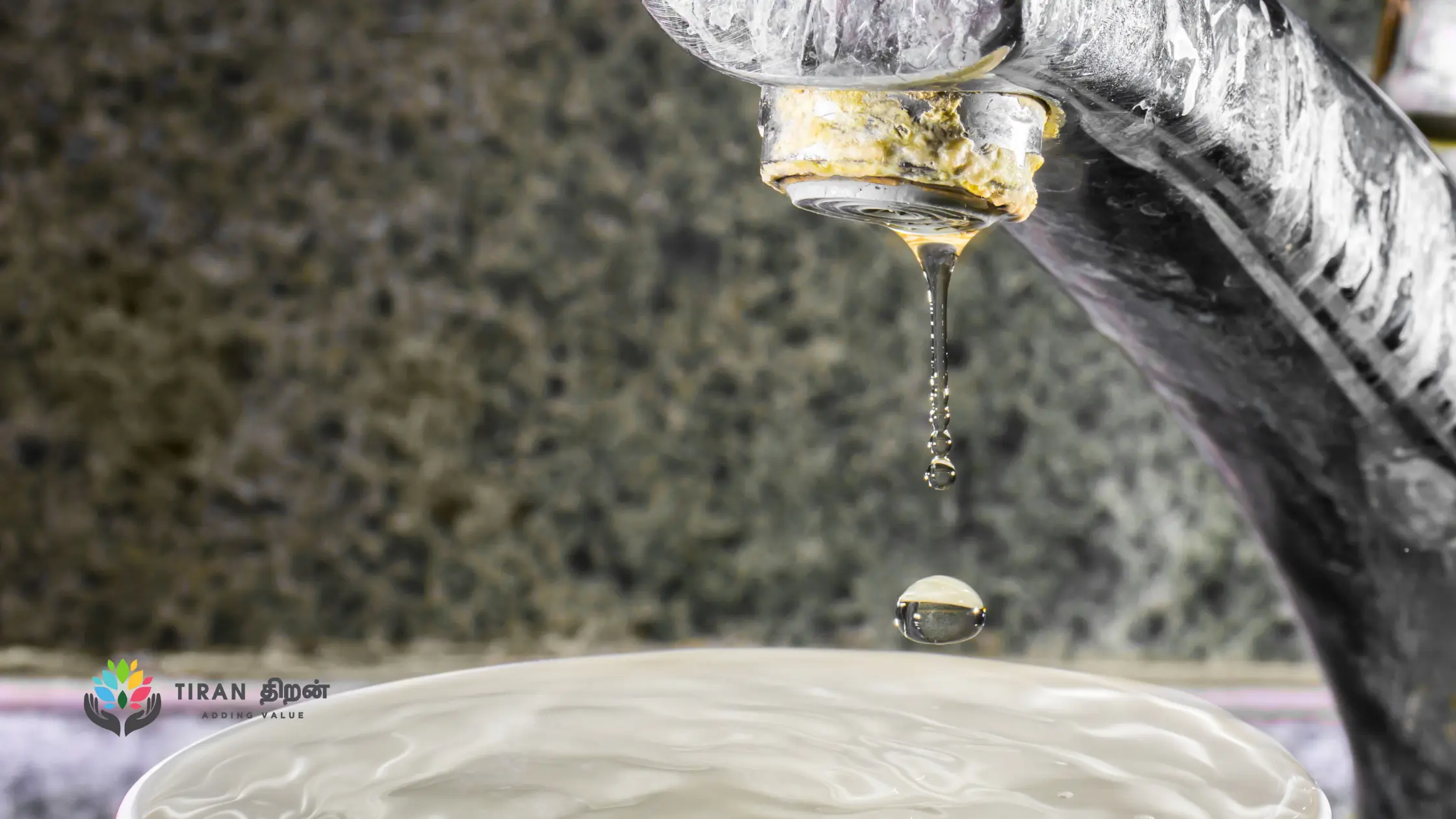Understanding Water Hardness : A Comprehensive Guide

Causes of Water Hardness
The primary causes of water hardness are:
- Geological Factors: The type of rocks and soil through which water passes can significantly influence its hardness. Limestone and dolomite, for example, are common sources of calcium and magnesium.
- Well Water: Water drawn from wells is more likely to be hard due to the minerals it encounters underground.
- Municipal Water Supplies: While municipal water supplies can vary, many areas experience hard water due to the geological composition of the source.
Effects of Hard Water
- Scale Buildup: Hard water minerals can form scale deposits on faucets, showerheads, pipes, and appliances, reducing water flow and efficiency.
- Dry Skin and Hair: Hard water can strip natural oils from your skin and hair, leaving them dry and brittle.
- Stained Laundry: Hard water minerals can react with laundry detergents, causing stains and discoloration on fabrics.
- Reduced Appliance Lifespan: Scale buildup can damage appliances like water heaters, dishwashers, and washing machines, shortening their lifespan.
- Health Concerns: While there is no conclusive evidence linking hard water to serious health problems, some studies suggest potential associations with skin irritations and digestive issues.
Measuring Water Hardness
Water hardness is typically measured in parts per million (ppm) or milligrams per liter (mg/L). A general guideline is:
- Soft water: Less than 85 ppm
- Moderately hard water: 85-120 ppm
- Hard water: 120-180 ppm
- Very hard water: Over 180 ppm
Treating Hard Water
- Water Softeners: These units use ion exchange technology to remove calcium and magnesium ions from the water, replacing them with sodium or potassium ions.
- Lime-Soda Softening: This method involves adding lime and soda ash to the water to precipitate out the hardness minerals.
- Reverse Osmosis: This process uses a semi-permeable membrane to filter out dissolved minerals and other impurities from the water.
- Water Filters: While not as effective as water softeners, filters can help reduce the level of some minerals in your water.
Tiran Services: Your Water Hardness Experts
At Tiran Services, we offer a wide range of water treatment solutions to address hard water issues. Our experts can assess your water quality and recommend the most suitable treatment method for your specific needs. We provide professional installation, maintenance, and repair services to ensure optimal performance of your water treatment system.
Contact us today to learn more about our water hardness solutions and to schedule a free consultation.
Keywords: water hardness, calcium, magnesium, scale buildup, water softener, lime-soda softening, reverse osmosis, water filter, Tiran Services, Chennai, water treatment
